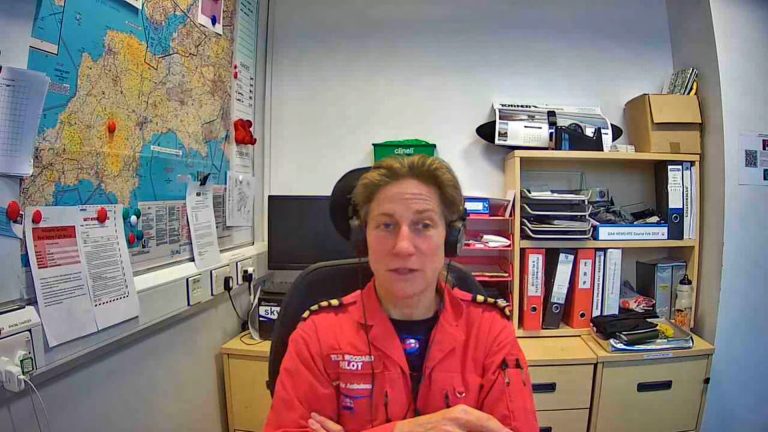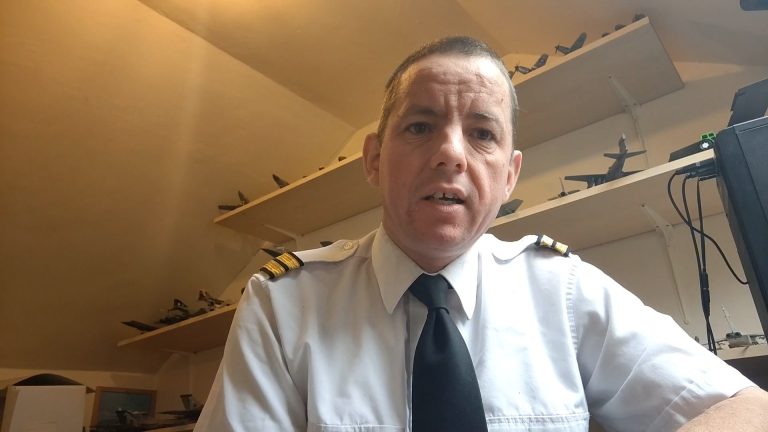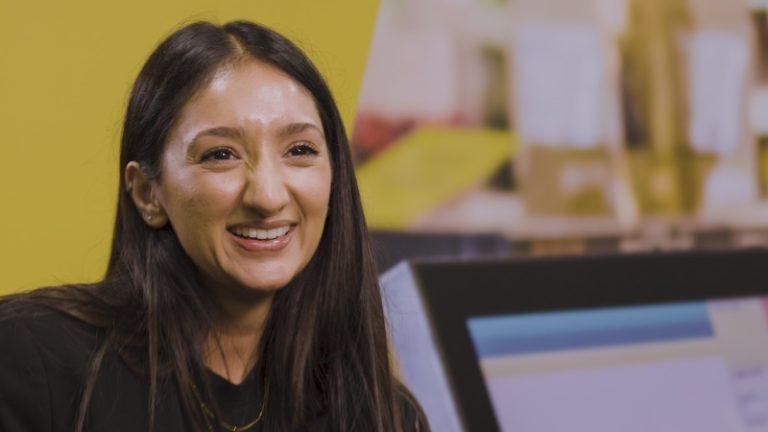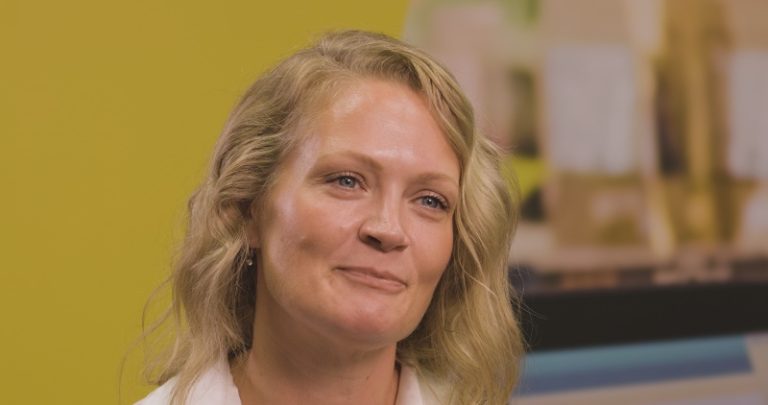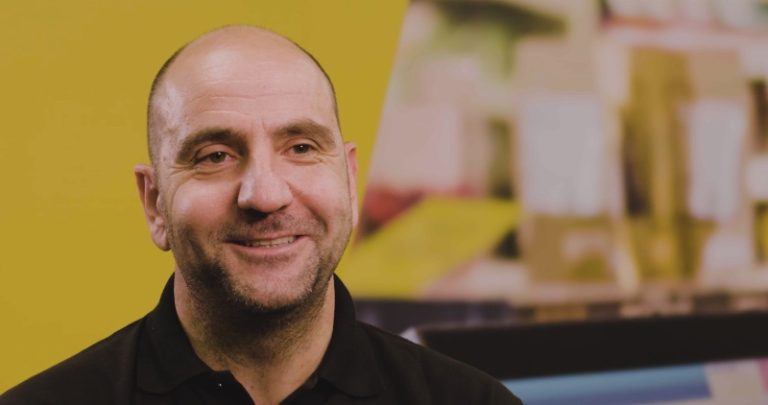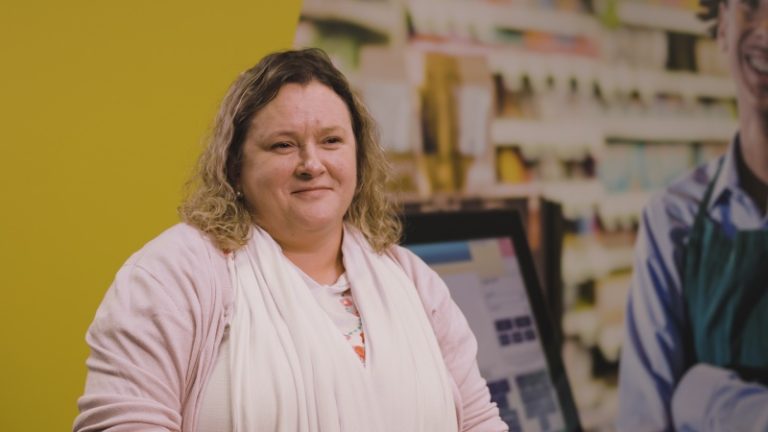Airline Pilot (and Specialist Biomedical Scientist)
Jet2
00:00:07:03 – 00:00:10:15
Hi, my name’s John, and I’m here to talk to you about careers in aviation.
00:00:11:07 – 00:00:14:12
I’m an airline pilot and I work for one of the largest airlines in the UK.
00:00:15:03 – 00:00:17:12
We fly holiday routes, regional routes all around Europe, going
00:00:17:12 – 00:00:21:07
as far as places such as Turkey, Cyprus, Black Sea
00:00:21:20 – 00:00:26:06
and occasionally over to the United States all the way down to places like the Canaries
00:00:26:06 – 00:00:28:00
and occasionally to Africa.
00:00:28:19 – 00:00:32:05
So my education has been long and varied.
00:00:32:12 – 00:00:33:17
I would describe it.
00:00:33:17 – 00:00:36:05
And that’s not actually required for an airline job.
00:00:36:12 – 00:00:39:15
The A-levels I did were geography, chemistry, biology,
00:00:39:20 – 00:00:42:12
and general studies and then went off to university.
00:00:43:03 – 00:00:47:04
My initial plan was to join the Royal Air Force, and I did zoology
00:00:47:04 – 00:00:49:20
with veterinary medicine because I needed to have a subject that
00:00:50:06 – 00:00:52:22
that wasn’t aviation just in case it didn’t all work out.
00:00:53:12 – 00:00:54:20
The Royal Air Force didn’t work out.
00:00:54:20 – 00:00:58:14
I became a school teacher briefly and then after two years, a very difficult job.
00:00:58:15 – 00:01:02:02
I changed direction, went back to university and
00:01:02:08 – 00:01:04:14
and into laboratory medicine, where I did
00:01:05:03 – 00:01:08:22
a master’s and a doctorate – ended up in the hospital,
00:01:08:22 – 00:01:12:06
being an examiner and assessor and quite senior.
00:01:13:08 – 00:01:14:11
I’ve never really given that up.
00:01:14:11 – 00:01:16:15
I still do a little bit – pull the odd shift
00:01:16:15 – 00:01:20:04
and help the hospital out, which works very well for both of us.
00:01:20:04 – 00:01:24:14
I keep my registration, keep my skills up, and they get a very experienced examiner
00:01:24:14 – 00:01:27:16
turning up to handle difficult situations.
00:01:28:14 – 00:01:31:08
Meanwhile, while I was doing that, I was learning to fly
00:01:31:10 – 00:01:34:00
and I did that all along right from the very start.
00:01:34:05 – 00:01:38:14
And I worked part time as a flying instructor for a good number of years
00:01:39:08 – 00:01:41:22
and then eventually got to a point where I could take an airline job.
00:01:42:03 – 00:01:43:07
And so that’s exactly what I did.
00:01:43:07 – 00:01:46:19
I simply switched the careers round – did the airlines full time,
00:01:47:18 – 00:01:50:23
did the hospital part time and and I’ve never looked back there,
00:01:50:23 – 00:01:56:02
and I like having that varied life of both the airline job and the hospital job. It keeps me grounded.
00:01:57:05 – 00:01:59:06
So what are the good bits and the bad bits of the job?
00:01:59:06 – 00:02:02:12
Well, my favourite bits are the travel,
00:02:03:00 – 00:02:05:03
quite frankly, to sit and look out the window.
00:02:05:04 – 00:02:08:20
I love the views as we travel all around Europe and fly over mountains
00:02:08:20 – 00:02:14:12
and volcanoes and cities and and all sorts of other bits of scenery.
00:02:14:12 – 00:02:17:09
And it’s fantastic and surprising how quickly you get used to
00:02:17:20 – 00:02:21:12
what you’re looking at – just like on any car journey if you do it often enough you start
00:02:21:12 – 00:02:24:07
to recognize all the features and know your way around.
00:02:25:07 – 00:02:28:11
The ability to adapt to change – it’s not unusual to turn up
00:02:28:11 – 00:02:31:17
to work in the morning and then be told that you’re going somewhere else.
00:02:31:17 – 00:02:36:16
If you like the kind of job where you do the same thing every single day,
00:02:37:09 – 00:02:39:03
flying is probably not the job for you.
00:02:39:03 – 00:02:42:18
You have to be able to just switch up a gear
00:02:42:18 – 00:02:46:07
where required and move on and put things behind you.
00:02:47:19 – 00:02:49:06
I guess my main advice really
00:02:49:06 – 00:02:53:09
would be to be yourself and to know yourself.
00:02:53:14 – 00:02:54:04
I think it’s really,
00:02:54:04 – 00:02:57:13
really important to be the kind of person who looks critically at yourself
00:02:57:21 – 00:02:59:05
and tries to improve,
00:02:59:05 – 00:03:00:03
and that will come out really,
00:03:00:03 – 00:03:02:18
really strongly in any interview when when you turn up
00:03:02:19 – 00:03:03:20
and you can demonstrate
00:03:03:20 – 00:03:07:20
how you’ve been able to do that and turn negatives into positives.
00:03:07:21 – 00:03:10:13
You don’t have to necessarily be the cleverest person in the room.
00:03:10:21 – 00:03:14:19
You just have to be the person who works the hardest and applies yourself the best.
John has parallel careers – working both as an airline pilot and as a specialist biomedical scientist – and has followed an unusual path. After a degree in zoology, his dream of joining the RAF didn’t work out. He became a teacher, before returning to university to study laboratory medicine, and then worked in hospitals.
In his spare time, he learnt to fly and became a part-time flying instructor before making the switch – he now works as a full-time pilot but keeps up his hospital work on a part-time basis.
More information about Ship and hovercraft officers
The UK average salary is £29,813
There are 37.5 hours in the average working week
The UK workforce is 47% female and 53% male
Future employment
- Allocates duties to ship’s officers and co-ordinates and directs the activities of deck and engine room ratings
- Directs or undertakes the operation of controls to inflate air cushions, run engines and propel and steer ships, hovercraft and other vessels
- Locates the position of vessel using electronic and other navigational aids such as charts and compasses and advises on navigation where appropriate
- Monitors the operation of engines, generators and other mechanical and electrical equipment and undertakes any necessary minor repairs
- Maintains radio contact with other vessels and coast stations
- Prepares watch keeping rota and maintains a look-out for other vessels or obstacles
- Maintains log of vessel’s progress, weather conditions, conduct of crew, etc



